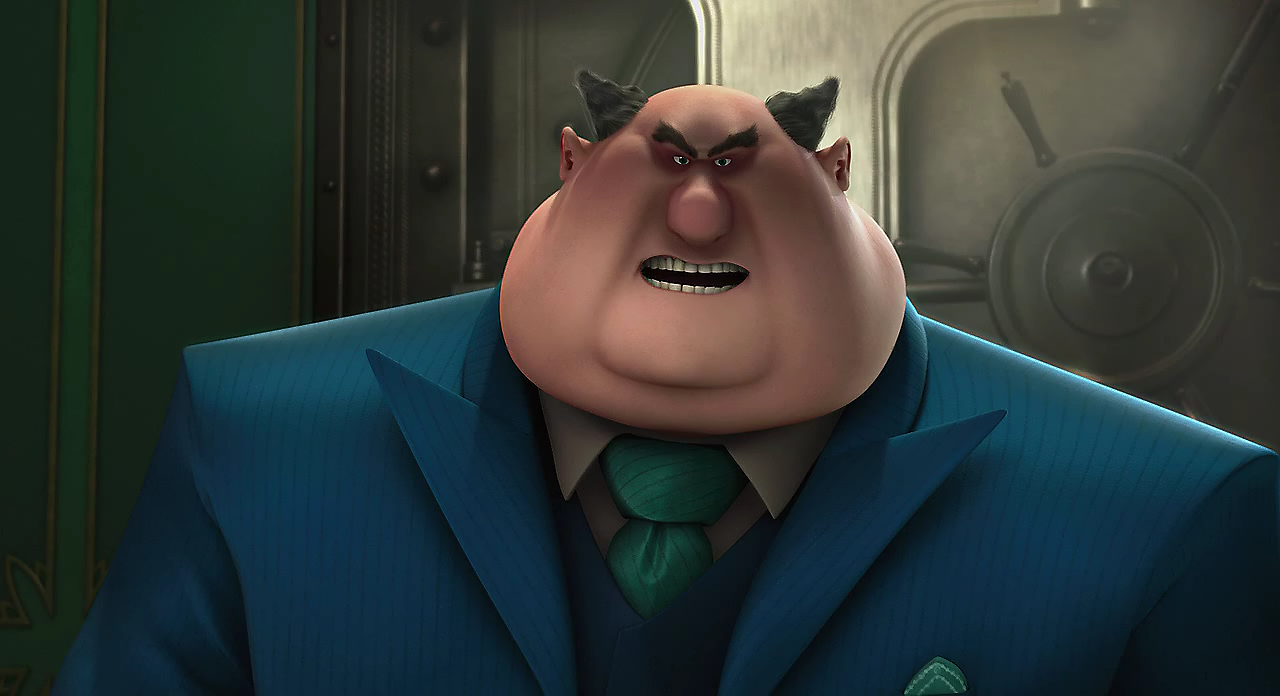There is an old saying that those who ignore history are doomed to repeat it. We see this happening to Apple and we have an excellent historical model to use for this; RAMBUS. In the mid to late 90s RAMBUS had the technology to beat. Unfortunately they hurt themselves by demanding significantly higher prices than the market could afford at the time. RAMBUS also did several very underhanded things during their reign. For starters they helped to create several “standards” by sitting in on the JEDEC (Joint Electron Devices Engineering Council) meetings to hammer out the current and future specifications for memory performance. Then then took this information and patented it behind the other members of the group. From there they embarked on a litigation campaign to try and extort massive amounts of money from companies that made CPUs, Chipsets, and Memory. You could not open the internet without hearing about a RAMBUS patent lawsuit against one company or the other.
RAMBUS was able to win quite a few of its lawsuits in the beginning, but as companies began to work on their own designs outside of the JEDEC basic specification RAMBUS began to lose ground. It also hurt them that their one leading partner (Intel) abandoned them in order to reduce costs and also improve performance with their Pentium 4 CPUs. Since the late 1990s companies have developed standards and techniques for managing memory that are outside of the RAMBUS’ patents. This has caused their royalties to dry up in 2011 they posted $14 million loss for just the first six months. For 2012 the outlook is even more bleak as one of the licensing agreements they fought for in the past has finally expired. So far for 2012 they have posted a $60 Million loss. Their losses are going to continue to hit them hard as they rely on their patents to maintain their revenue stream.
With Apple the situation is different (Apple actually makes products) but is still following a similar pattern. We are seeing them start down the RAMBUS road with some of their recent patent filings. When you consider the number of companies that use OpenCL as in their products you can see that Apple is moving to block the use of this technology that they proposed as an open standard and refined with other companies (including AMD/ATi) to implement as a competing technology to the closed Cuda standard that nVidia was using.
The ball in in Apple’s court right now, will they impose licensing restrictions on the companies that are using the Kronos controlled “open” standard like RAMBUS or will they follow their current pattern of sales bans on products that use anything that can be covered under their patents. In reality it does not matter which direction they go, they will enjoy a short period of time where they have control which will be followed by the push to create newer and truly open standards to replace OpenCL in much the same way that companies are working on new UI designs to get around Apple’s anti-competitive patents. Eventually (as we have said) the consumer will start to see this pattern and it will impact Apple’s sales and image. While we do not expect them to go bankrupt or out of business we can see that historically ANY company that tries to use the legal system to compete in the market simply cannot win. You can take your pick of a laundry list of examples from 3dfx, AMD, RAMBUS and even nVidia. The mounting costs of lengthy and protracted legal battles simply have zero return on investment. Even AMD, who received a massive settlement from Intel has spent all of that and are rapidly heading back into the red. nVidia found that using closed standards like Cuda and SLI hurt them and now charge a minimal fee to incorporate SLI into chipsets while Cuda is opening up more and more (it is still not completely open yet).
This is the future that Apple faces unless they change their tactics and pattern. The market is fickle and while they are still in something of a honeymoon with Apple products we can already see their decline in both the smartphone and tablet markets as competing technologies begin to gain market share.
Discuss this in our forum

